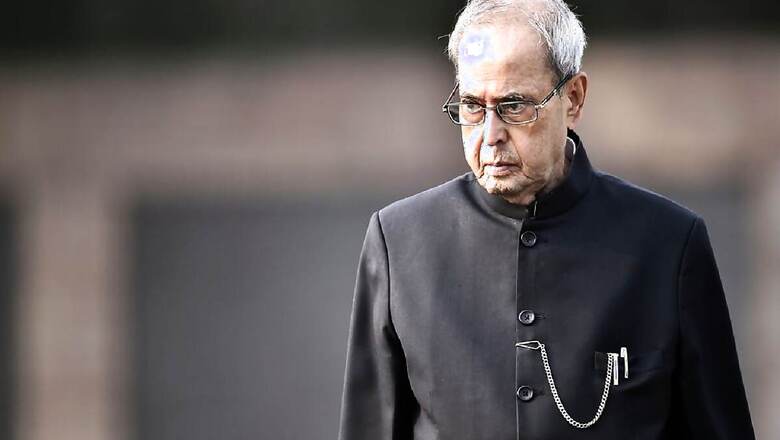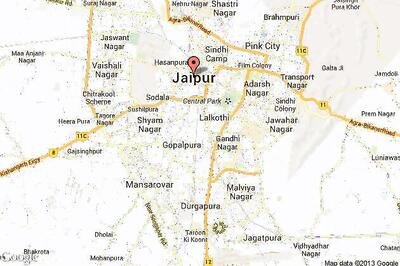
views
In his memoir The Presidential Years 2012-2017, former president Pranab Mukherjee has remarked unsparingly on the leadership of Prime Minister Narendra Modi and advised him to listen to the dissenting voices and speak more often in Parliament in order to convince the Opposition.
“Sadly, the Narendra Modi-led NDA government, during its first term of 2014–19, failed in its primary responsibility to ensure the smooth and proper functioning of Parliament,” wrote Mukherjee, who passed away on August 31 last year in Delhi at the age of 84, in his fourth book The Presidential Years.
He attributed this acrimony between the Treasury and Opposition benches to the arrogance and inept handling by the government, and equally blamed the Opposition for behaving “irresponsibly”.
In his book, Mukherjee has mentioned how the mere physical presence of the Prime Minister in Parliament made tremendous difference to the functioning of the institution, and also recalled how former Prime Ministers like Jawaharlal Nehru, Indira Gandhi, Atal Bihari Vajpayee or Manmohan Singh made their presence felt on the floor of the House in their respective tenures.
“Prime Minister Modi, now in his second term, must take inspiration from his predecessors and provide visible leadership, through his enhanced presence in Parliament to avoid situations that had precipitated the parliamentary crisis we witnessed in the first term. He must listen to the dissenting voices and speak more often in Parliament,” Mukherjee said.
“Modi must use the House as a forum to disseminate his views to convince the Opposition and inform the nation,” Mukherjee wrote.
Giving his own example, Mukherjee said that as a minister in the Manmohan Singh-led cabinet, he had sought to defuse the crisis which the government faced in the backdrop of the massive agitation that social activist Anna Hazare had led for the institution of the Lokpal. Back then, Mukherjee had suggested that the government must consider his three key demands on the Lokpal Bill – within the country’s constitutional framework and by preserving Parliament’s supremacy. Mukherjee found the issues raised by Hazare as “genuine” and “important” and expected from the leadership that they must “seize the moment” and “demonstrate commitment”.
“I believe that the moral authority to govern vests with the Prime Minister. The overall state of the nation is reflective of the functioning of the Prime Minister and his administration,” he continued in his book.
Taking a strict view of Modi-led government, Mukherjee compared it with that of Manmohan Singh’s tenure and wrote, “While Dr Singh was preoccupied with saving the coalition, which took a toll on governance, Modi seemed to have employed a rather autocratic style of governance during his first term, as seen by the bitter relationship among the government, the legislature and the judiciary.”
Leaving it on time, he further wrote, “Only time will tell if there is a better understanding on such matters in the second term of this government. It is also important for the government to keep in mind the demands and aspirations of the section of the population that has not voted for it, because the government represents and belongs to all sections of the people, regardless of their voting preference,”
He has also advised Prime Minister Modi that policies and programs have to be crafted for the benefit of all.
During the UPA years, Singh would resolve difficult issues by remaining in constant touch with the leader of the Opposition and senior leaders of both the UPA and the NDA. His job was to run the House, even if it meant meeting and convincing members of the Opposition alliance. He would always be present in the House “in order to defuse contentious issues, whenever they arose,” said the former President in his book.
Read all the Latest News, Breaking News and Coronavirus News here

















Comments
0 comment